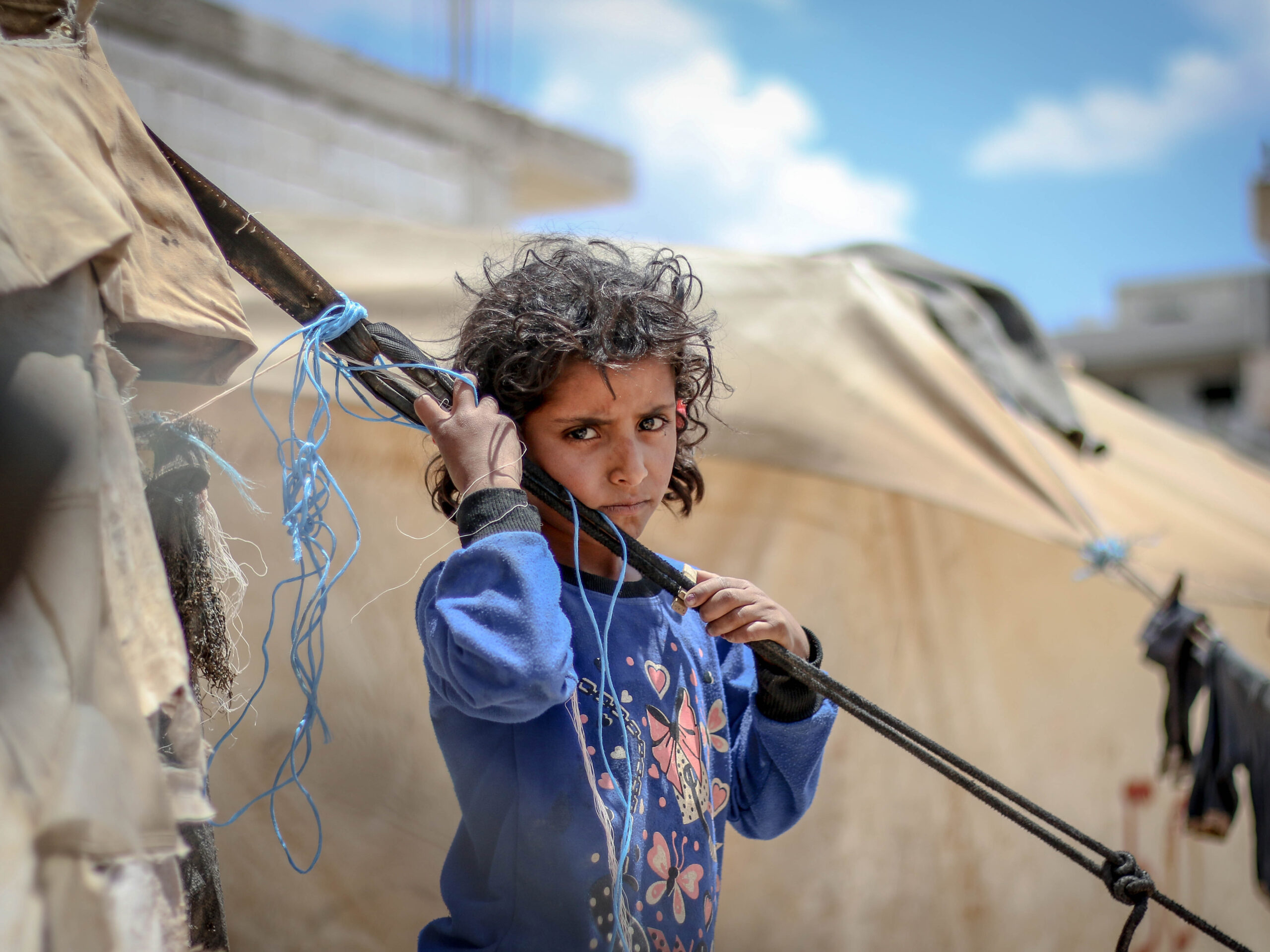
The last couple weeks have been anything but normal as the world has been exposed to the horrors of Russia’s gruesome invasion of Ukraine. Europe hasn’t seen open conflict to this degree since World War II, and nuclear tensions are returning to Cold War levels. Another deviation from the norm: Europe is finally accepting refugees with open arms.
While countries like Poland are opening their borders and accepting Ukrainian refugees, this is a sharp deviation from precedent. Since 2011, Syria has been torn apart by a violent civil war. As a result, an estimated 13.2 million Syrians have become displaced, of which 6.7 million have fled the country. Instead of accepting the refugees with open arms, Europe has stalled and has only let 1.1 million into their borders over the past decade. Germany alone holds an exceptional 59% of this refugee population.
Similarly, the crisis in Ukraine has suddenly created upwards of 7 million displaced people, both internally and externally. Within the span of two months, 4.1 million refugees have been accepted into neighboring countries. On paper, these two refugee groups are strikingly similar. Both are fleeing appalling political violence, so it’s inexcusable that Europe is treating these crises so differently.
So far, Poland has welcomed over 2.5 million displaced Ukrainians over their shared borders. This is a sharp departure from the country’s hardline stance on Syrian refugees. For years, countries like Poland have bemoaned allowing refugees into their borders, citing anything from lack of space to concerns about cultural differences. Europe’s eagerness to accept millions of Ukrainians undermines points about space, leaving only arbitrary cultural acceptance.
It’s no secret that a significant amount of people in Western countries hold animus towards Muslims in the Middle East and beyond. According to polling conducted by the Pew Research Center, European views towards Muslims can vary drastically from country to country, with the UK being the least islamophobic country in Europe at 18%, with Slovakia topping the list at 77%. Poland ranks high as well, with 66% unfavorability towards Muslims. These statistics help explain why countries like Poland might have opposition to allowing refugees from Syria, but not those from Ukraine’s predominantly Orthodox Christian population. This religious difference is arbitrary and has no grounds in the moral value of helping these two groups of refugees.
Europe should look inwards on the question of refugees. It’s easy for Europeans to understand why displaced Ukrainians deserve a home abroad, and they should continue to support refugees from Ukraine. Hopefully, the crisis can act as a means for otherwise immigration-opposed Europeans to empathize with foreigners from non-European countries. Countries like those in Europe, and even the United States, need to apply even-handed standards based on morality – not exclusionary cultural signifiers – when considering refugees.







